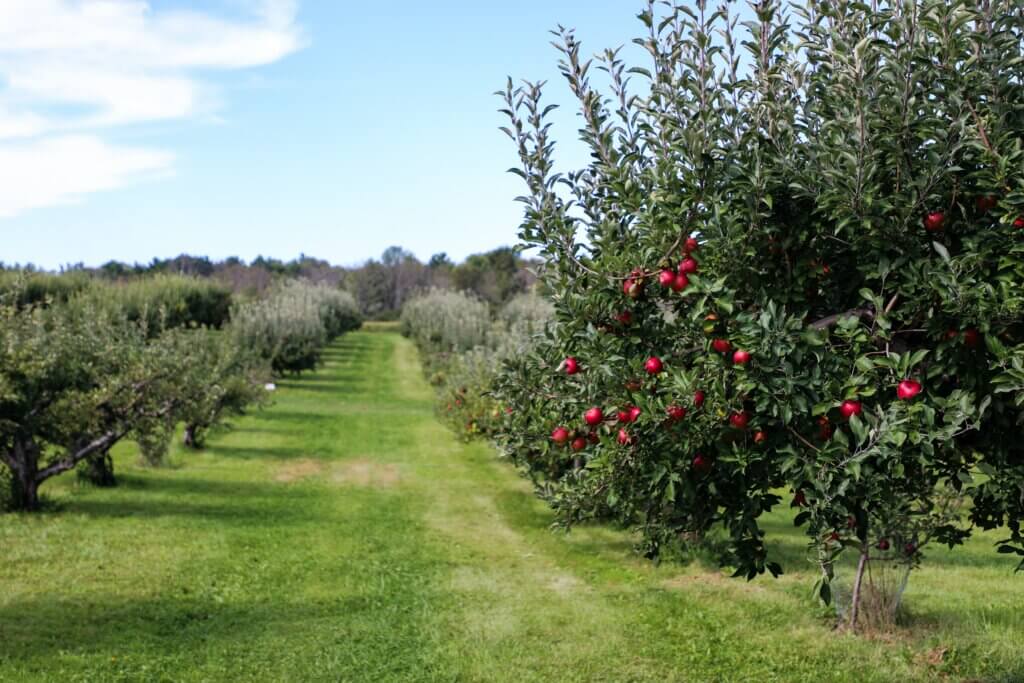If “by their fruits ye shall know them” (Matthew 7:16, 20), it may be time to take a look at what kinds of fruits we are yielding. Are we bringing forth “fruit meet for repentance” (Matthew 3:8; Alma 13:13)—“fruit meet for their Father’s kingdom,” which, if not, “there remaineth a scourge and judgment to be poured out upon the children of Zion” (Doctrine & Covenants 84:58).
And if Jesus is “the true vine, and my Father is the husbandman,” and if we are the branches and “he that abideth in me, and I in him, the same bringeth forth much fruit, for without me ye can do nothing” (John 15:1, 5), then a lot is expected of us so that “herein is my Father glorified, that ye bear much fruit; so shall ye be my disciples” (John 15:8). Any alternative doesn’t look good.
Examining Jesus’ parable of the sower, we note that only one out of four of those who received seed bore fruit: “He that received seed into the good ground is he that heareth the word, and understandeth it; which also beareth fruit, and bringeth forth, some an hundredfold, some sixty, some thirty” (Matthew 13:23). “Hearing the word and understanding it” here appears critical.
That takes us to our day before Jesus’ second coming, when “the end draweth nigh”—when all the trees of the vineyard “have become corrupted, that they bring forth no good fruit”—when “this time it hath brought forth much fruit, and there is none of it which is good,” the reason being that “the wild branches have overcome the roots thereof” (Jacob 5:32, 37, 46–47).
Yet, there is hope from Isaiah, who predicts that after a great cleansing comes good fruit: “In that day the plant of Jehovah shall be beautiful and glorious, and the earth’s fruit the pride and glory of the survivors of Israel. Then shall they who are left in Zion and they who remain in Jerusalem be called holy—all who were inscribed to be among the living at Jerusalem” (Isaiah 4:2–3).
If we are to learn from our situation that prophets saw in vision, we must conclude (1) that a great cleansing is coming because we haven’t borne good fruit; (2) that only those who “hear the word and understand it” can bear good fruit; and (3) that in Zenos’ olive tree allegory only God’s end-time servant and those he calls cause the trees to again bear good fruit (Jacob 5:61–77).
Bringing forth “fruit meet for the Father’s kingdom,” moreover, adds an entirely other dimension to what kind of fruit God expects of us. Didn’t Jesus promise his three Nephite disciples who were translated that they would inherit the kingdom of the Father, whereas the nine would enjoy rest in Jesus’ kingdom? Is this not an open invitation of the goal we ought to be striving for?












